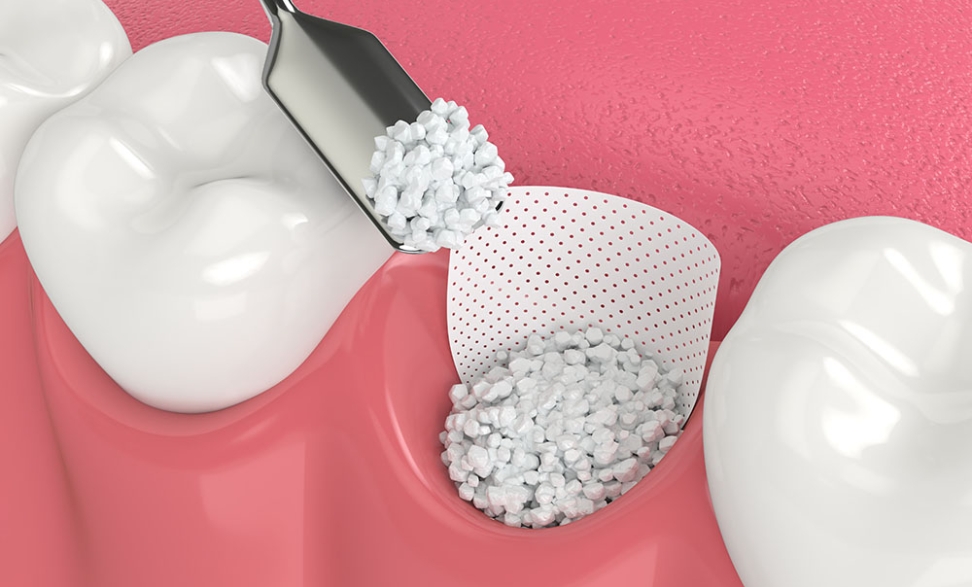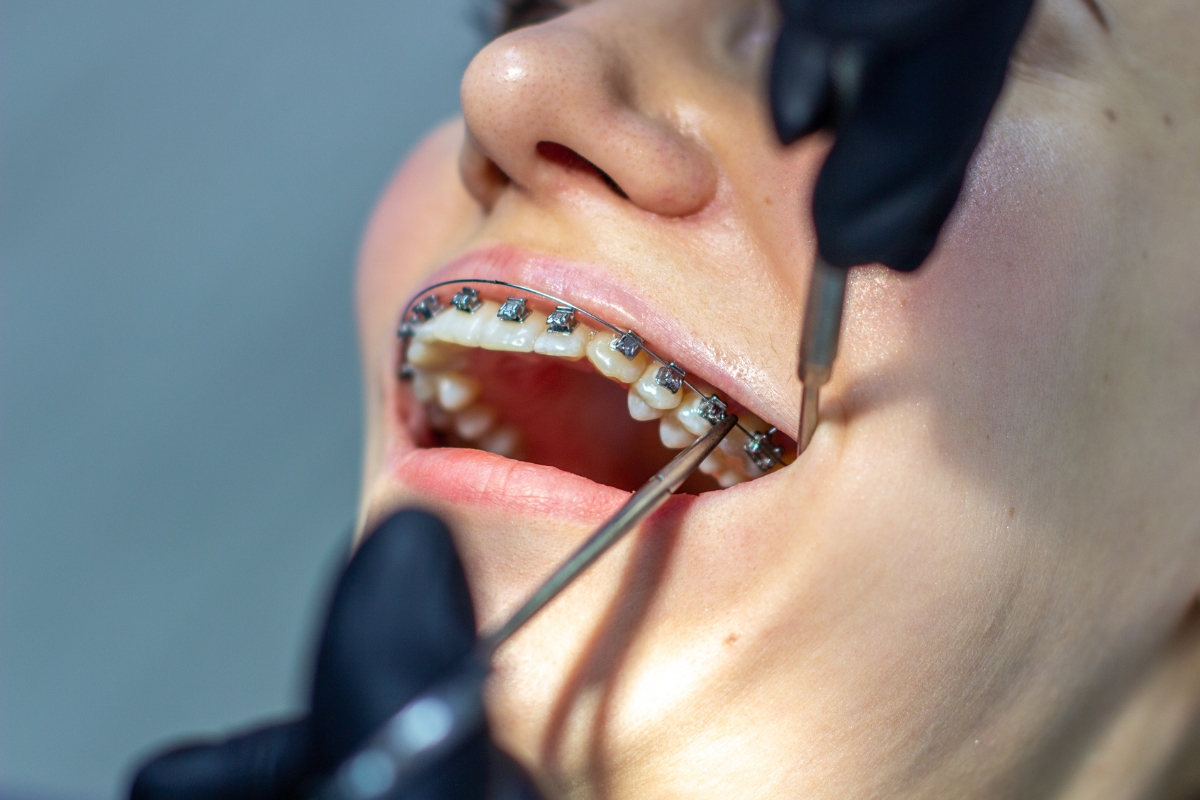
A jawbone is an integral part of the face and contains many essential elements, such as muscles, ligaments, and teeth.
However, your jawbone may weaken due to age, genetics, and poor oral health. Bone grafting for jaw strength is an effective treatment option that rebuilds the foundation of your jaw, enhancing its overall stability.
The blog discusses the role of bone grafting done through oral surgery in strengthening the jaws.
Understanding Bone Grafting For Jaw Strength
A dental graft is a type of oral surgery that enhances the volume and density of your jaw. The dentist adds powder bone grafting materials to the areas where bone content has thinned.
The dental bone graft comprises materials including:
- Autogenous: Your bone extracted from any one area of your body.
- Allograft: A licensed donor offers the human bone.
- Alloplast: Substitute for lab-made dental bone.
- Xenograft: It is animal-derived bone.
The grafts are ideal for conditions like:
- Increasing the width and volume of the jawbone.
- Providing a strong foundation for dental implants.
- Stabilizing the loose supporting teeth.
- Rebuilding the jawbone before getting dentures.
However, you must consult a dentist offering oral surgery Peachtree Corners for successful bone grafting and getting the highest quality grafting materials.
Bone Grafting Through Oral Surgery: Its Role In Strengthening Jaw Muscles
Bone grafting through oral surgery is all about compensating for bone loss in the jaw region.
The dentist surgeon transplants the bone tissues to the jaw to stimulate its growth and achieve a solid foundation for the implant. Here is how surgery plays its part in improving the jaw strength:
1. Restoring Bone Volume
As mentioned, the jawbone can deteriorate over time. Bone grafting through oral surgery restores the tissues and maintains structural integrity.
Additionally, bone grafting is a process in which the dentist extracts bone from another area to enhance the volume and density of the implant. It helps improve the procedure’s longevity.
2. Improving The Function And Strength Of the Jaw
If your jaw becomes weak, it may lead to misalignment of your teeth. Bone grafting through oral surgery enhances tooth alignment, providing the necessary stability to the jawbone. Strong jawbones reduce the chances of future implant fractures.
3. Oral Surgery-Based Bone Grafts: Prepare For Advanced Procedure
Let’s take, for instance, the case of dental implants. But if you lack sufficient bone structure, you won’t proceed with it. You need stronger jaw bones to lower the risk of post-implantation.
Also, bone grafting plays a key role in orthognathic surgery. Post-procedure bone grafting reduces the structures and allows for better alignment and functionality.
4. Enhancing The Aesthetic Outcomes
The jawbones play a crucial role in shaping the facial structure. If you lose bone, it will lead to a sunken appearance. With the help of bone grafting, you can improve the strength and aesthetic appeal of the jaw.
Grafting through oral surgery significantly strengthens the jaw and restores lost bone tissue. Additionally, it stimulates bone growth and provides a stable foundation for implants or dental procedures. However, we are your reliable dental professional who ensures the highest quality of methods and materials.


